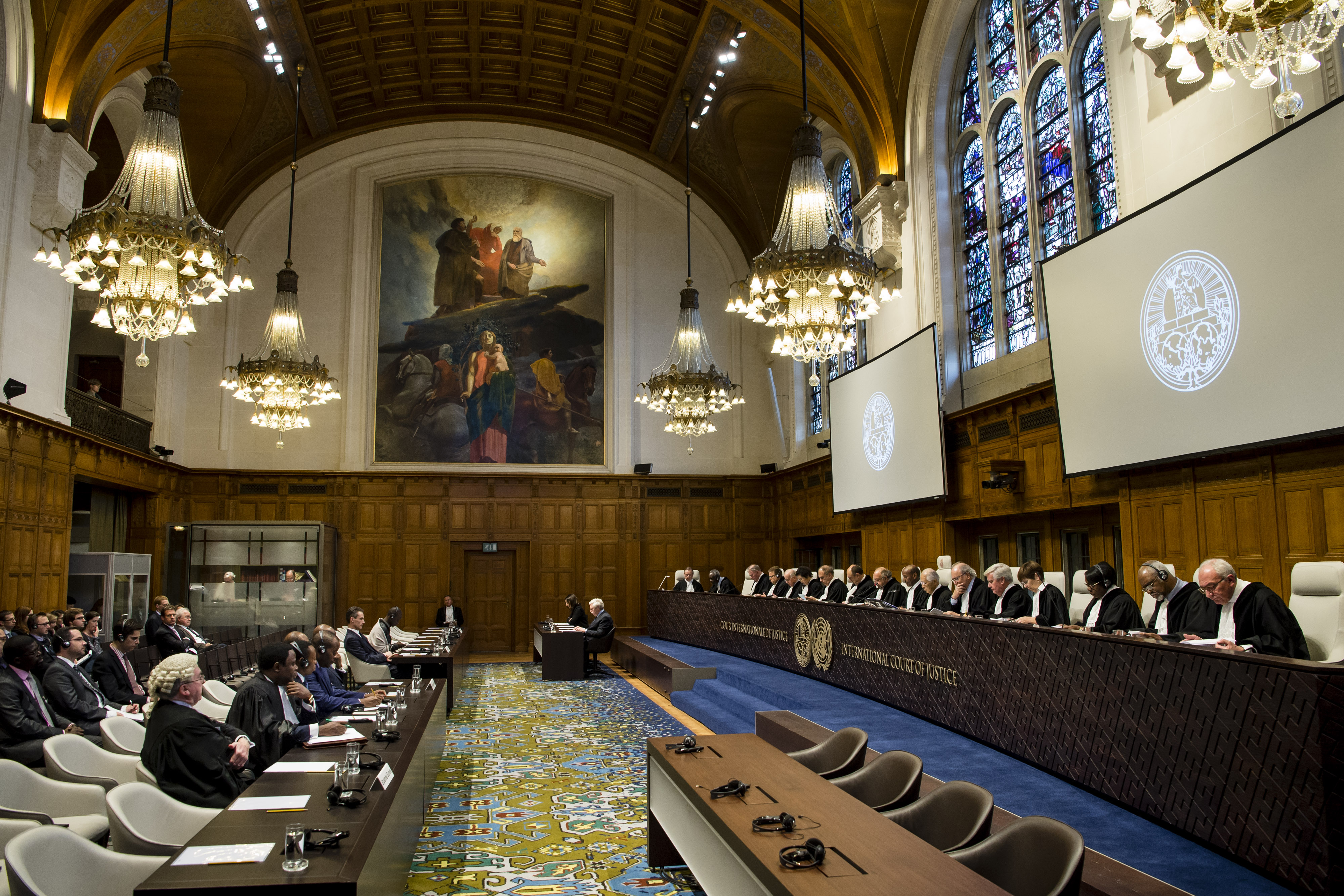JSOC Operations Without Host State Consent: A Possible Explanation for the Claimed Legal Prohibition?
Yesterday I noted that a series of recent news articles suggest that only the CIA can lawfully conduct strikes without the host-state's consent, and that this is one reason (in addition to various policy considerations) why CIA soon will join JSOC in using lethal force against AQAP in Yemen. It was far from clear to me what law would forbid JSOC from using force without host-state consent, and I asked readers to chime in with their theories.
I received many very interesting responses, and wo
Published by The Lawfare Institute
in Cooperation With

Yesterday I noted that a series of recent news articles suggest that only the CIA can lawfully conduct strikes without the host-state's consent, and that this is one reason (in addition to various policy considerations) why CIA soon will join JSOC in using lethal force against AQAP in Yemen. It was far from clear to me what law would forbid JSOC from using force without host-state consent, and I asked readers to chime in with their theories.
I received many very interesting responses, and would direct attention in particular to what Ken Anderson has to say on the topic here (as well as John Dehn's comment to Ken's post). In brief, Ken suggests that the allusions to "legal" constraints on DOD may well concern not statutes or treaties but, rather, what we might call internal executive branch law--i.e., the vast, complicated, and not-always-much-appreciated-from-the-outside world of executive orders, presidential directives, military orders, findings, directives, regulations, and so on down the line. Put simply, there may be one or more such self-imposed, internal constraints that either currently preclude or at least render exceedingly difficult the task of having JSOC carry out a lethal kinetic operation without some degree of host state consent.
It is possible, for example, that whatever exord (execute order) is relevant to JSOC operations in Yemen specifies host-state consent as a condition precedent for some if not all operations, whereas whatever covert action finding is relevant to CIA operations in Yemen does not (if the exord/finding distinction is not a familiar one to you, you might want to see this 2004 NYT report by Eric Schmitt and Mark Mazzetti for an overview of the idea of distinct authorizing orders for JSOC and CIA activities against al Qaeda). I have no idea if that is so, but if it is that could certainly explain why someone has told these reporters that there is a "legal" constraint in play. Of course, this would be the sort of legal constraint that the President could remove at his own discretion by superseding the terms of the existing exord. But unless and until this occurs, the terms of the exord could plausibly be described as legal constraints by those subject to them. [Again, I'm just speculating - I have no idea if this is in fact the answer, and no one has suggested to me that it is.]
Robert (Bobby) Chesney is the Dean of the University of Texas School of Law, where he also holds the James A. Baker III Chair in the Rule of Law and World Affairs at UT. He is known internationally for his scholarship relating both to cybersecurity and national security. He is a co-founder of Lawfare, the nation’s leading online source for analysis of national security legal issues, and he co-hosts the popular show The National Security Law Podcast.



.png?sfvrsn=35857ae0_5)
.jpg?sfvrsn=f5d2b52b_5)
